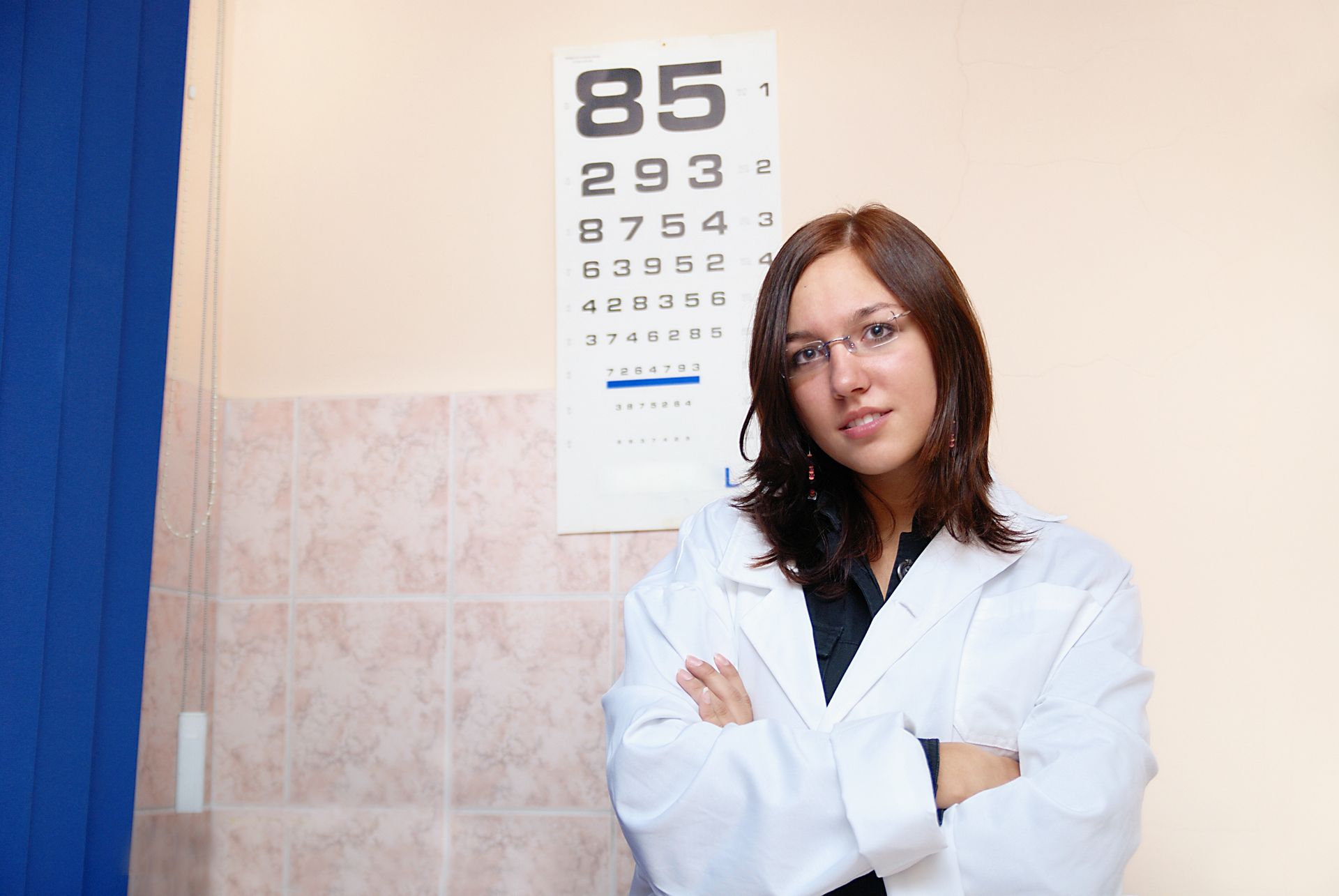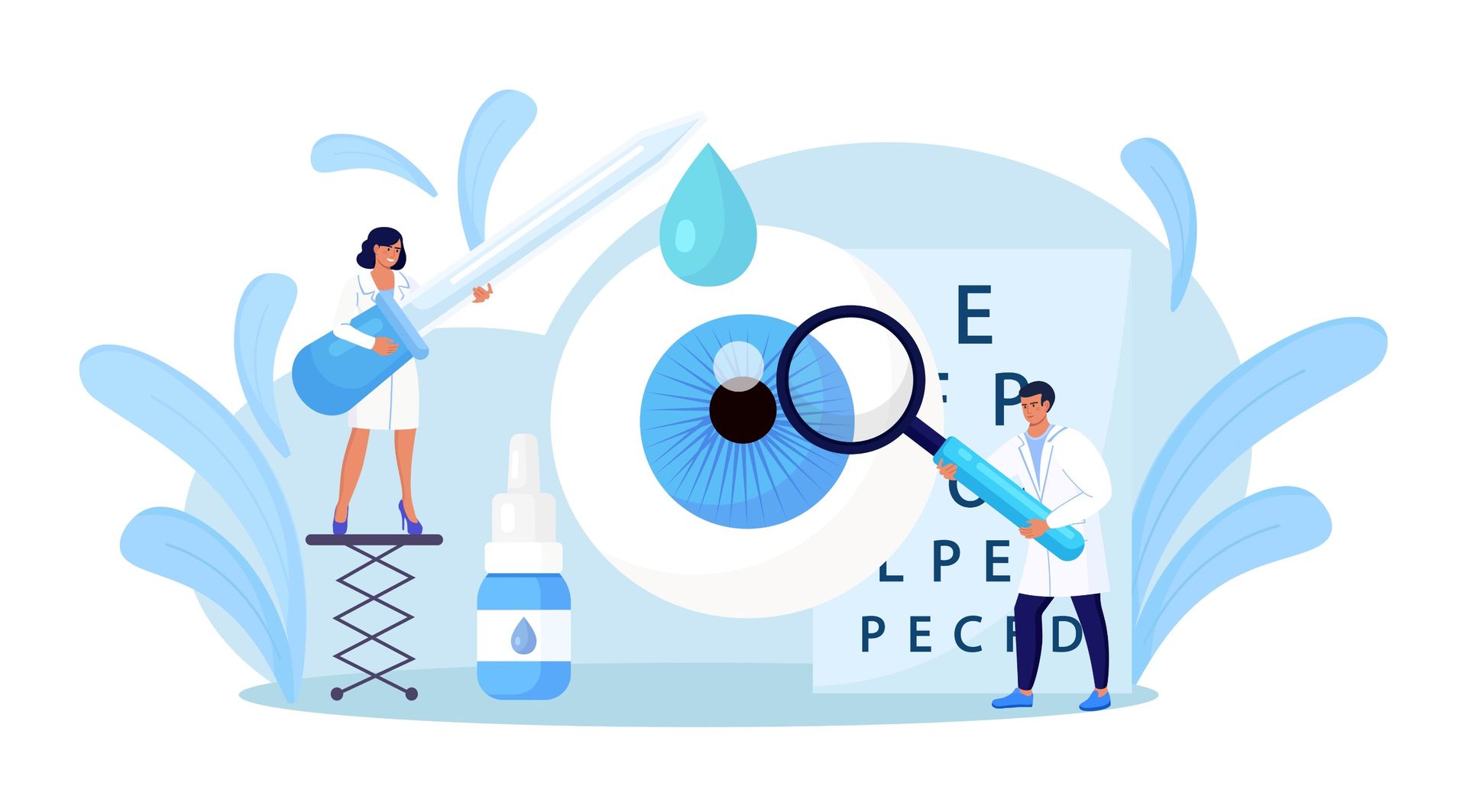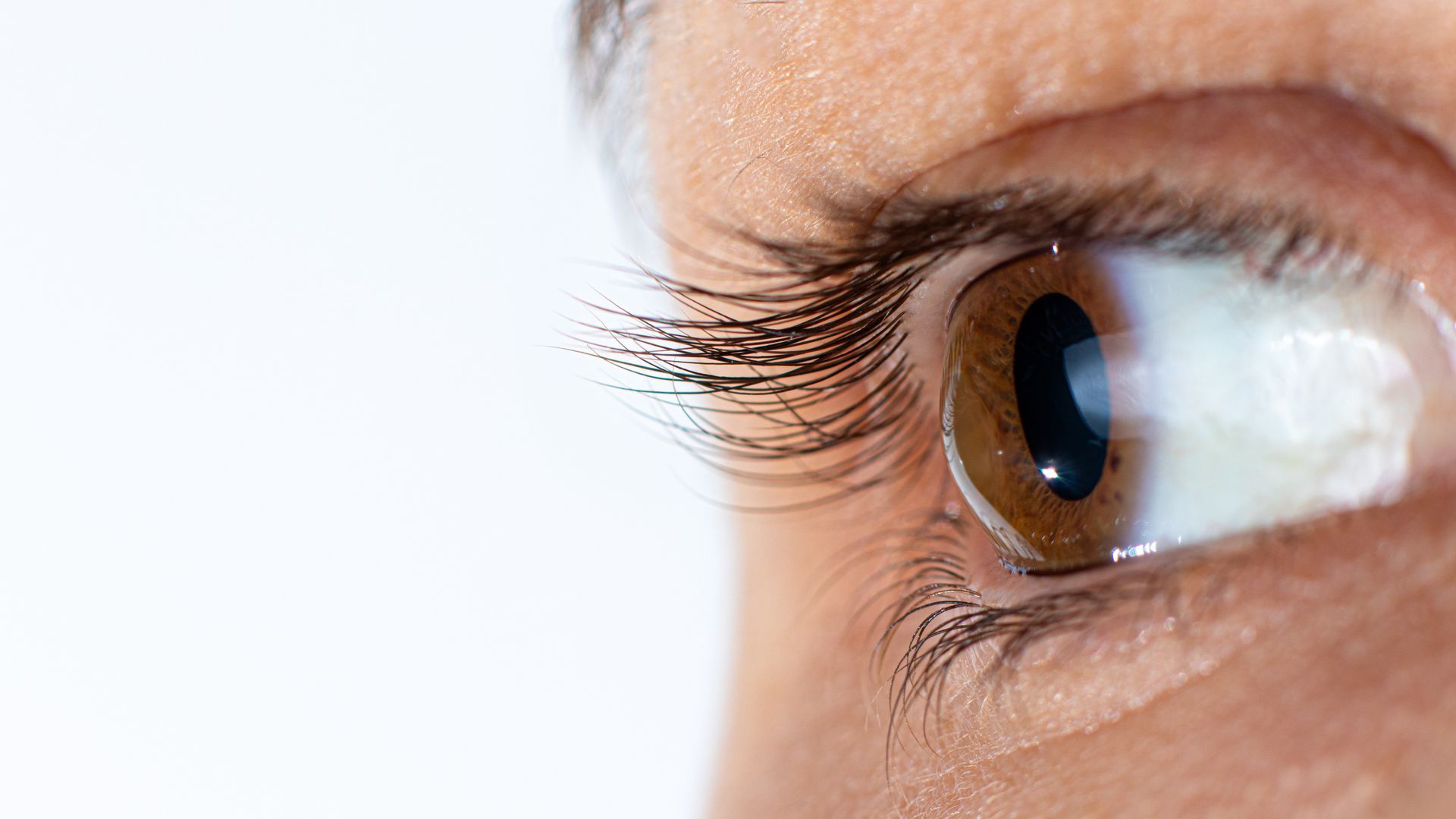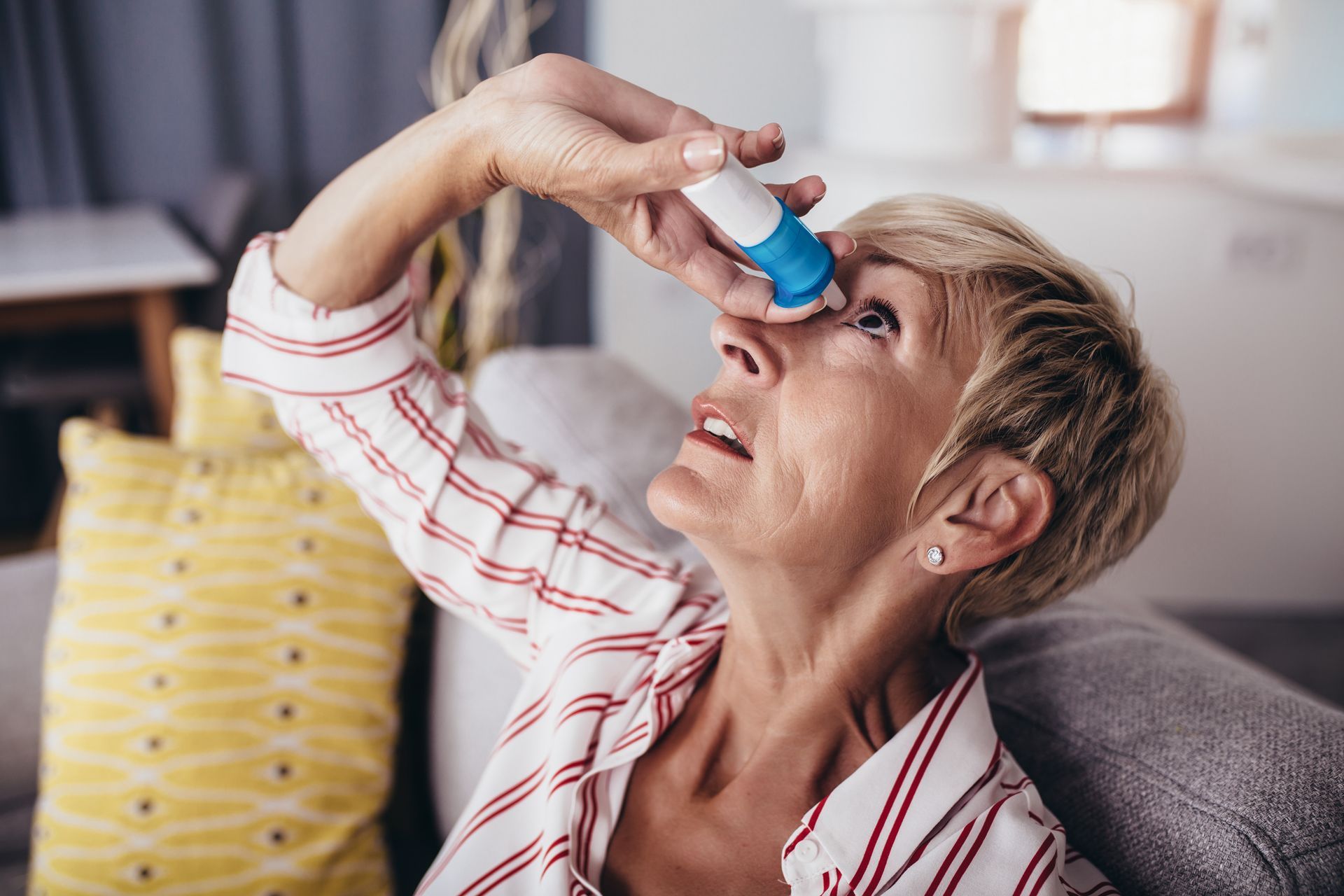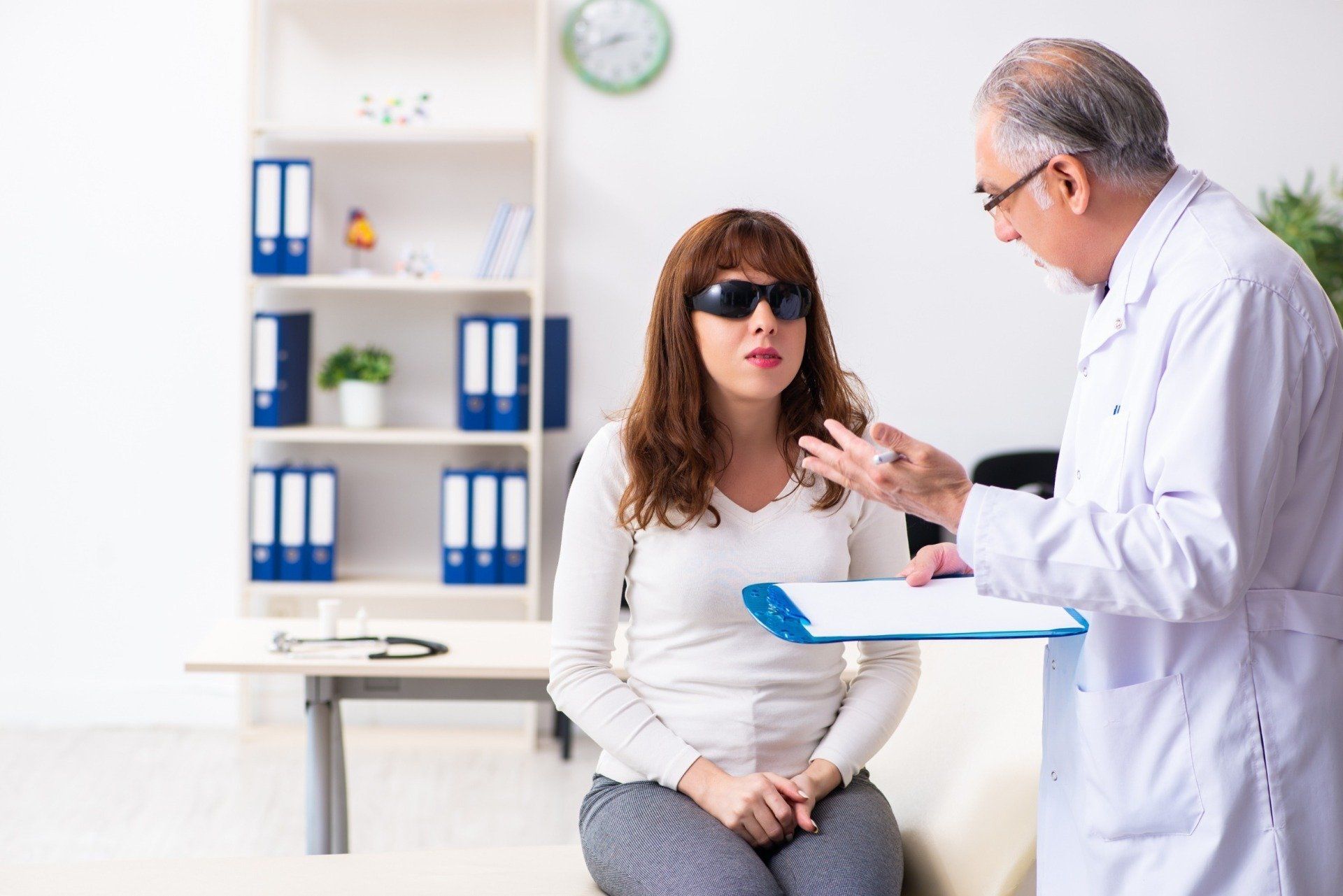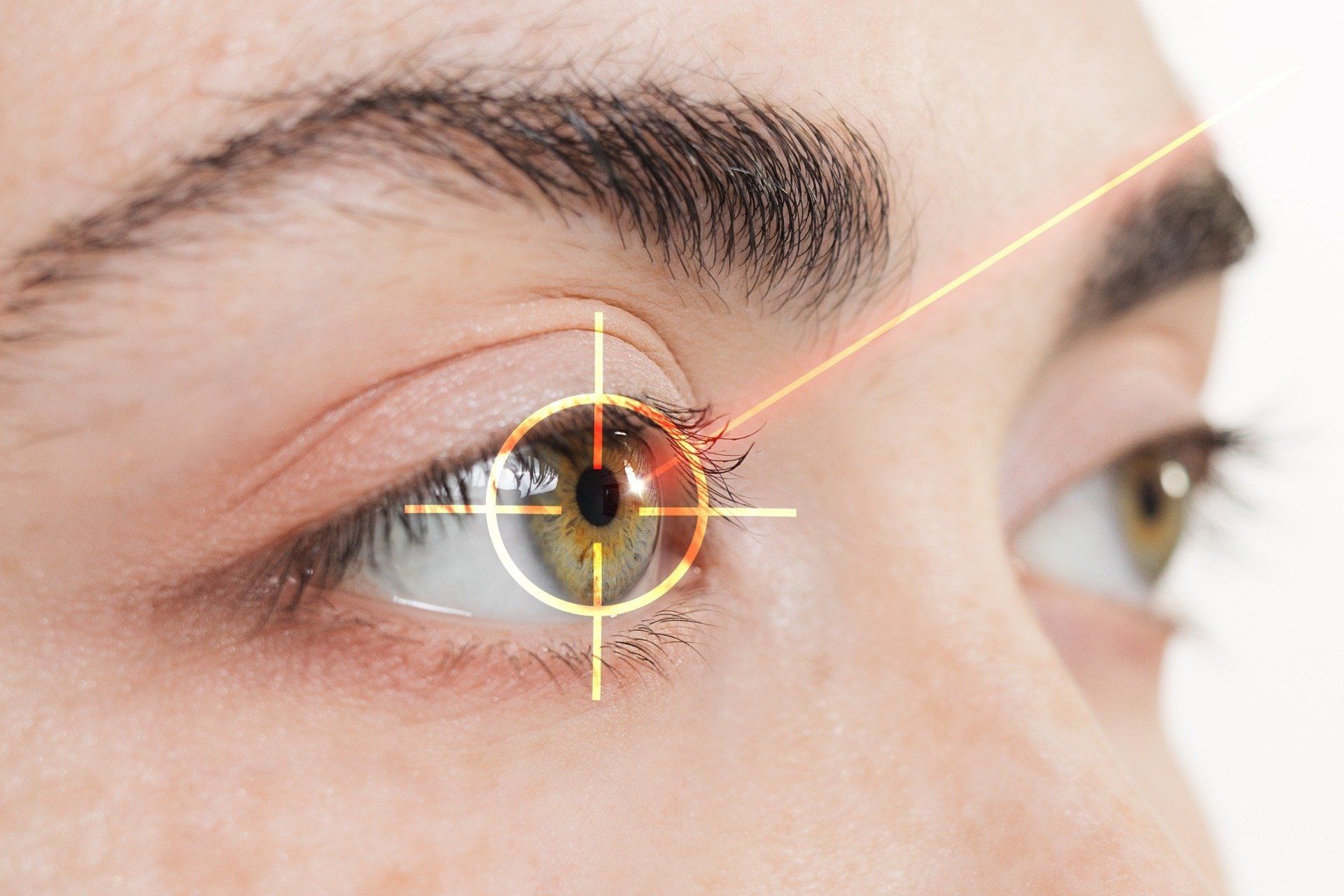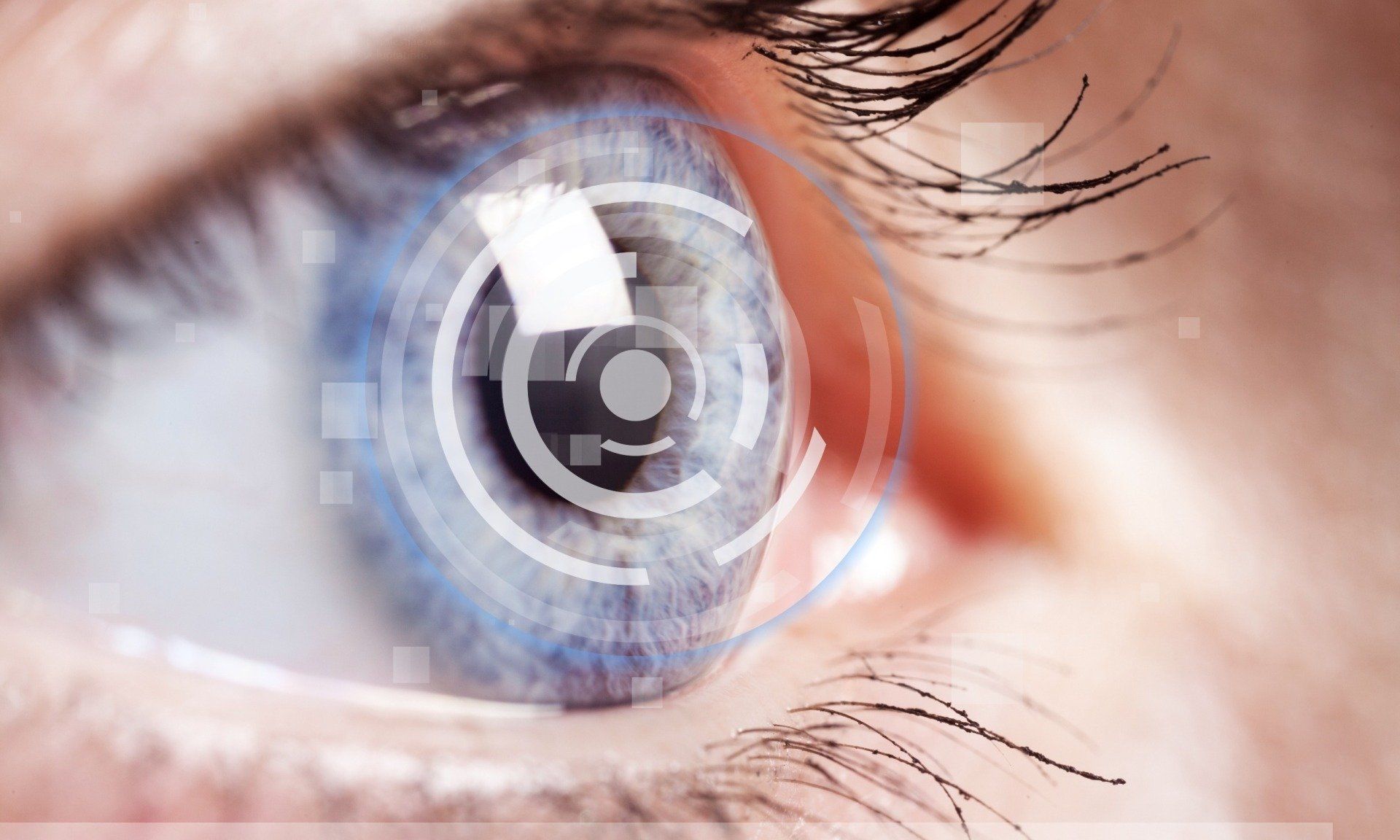Tips for Eye Health
Tips for Eye Health
The eyes are one of the most beautiful and remarkable organs in the human body – working together with the brain to give us the gift of sight. They’re made up of unique structures that contribute to vision, such as the cornea, lens, iris, macula, pupil, retina, optic nerve, sclera, vitreous humor, and much more.
It all starts when light rays enter through the cornea (front surface) and crystalline lens, which focus light into the back of the eye (retina). Once light reaches the retina, it’s converted into an electrical signal – which is sent to the brain via the optic nerve. The brain is responsible for turning that signal into an image.
Eyesight is something no one should ever take for granted, especially considering how imperfect our vision is at times. Like any other organ in the body, the eyes are subject to a wide range of complications, infections, injuries, medical conditions, and other vision problems – which can affect your quality of life.
Eye Health Tips for Better Vision
Taking care of your eyes isn’t always easy, but it’s not impossible and can benefit your life in a number of ways. Not only will you preserve your vision for as long as possible, but you’ll be able to enjoy the beauty that surrounds us on a daily basis. That’s why eye health should always be at the forefront of any healthcare.
While some vision problems and eye diseases are inevitable – especially as we age – a majority of them can be prevented with proper care. For those that want to put their eyes in a position to succeed as they grow older, there are a number of things you can start doing today to preserve your vision and prevent vision problems.
Let’s take a look at some of our most prominent tips for eye health that everyone should follow!

1. Eat a Healthy, Well-Balanced Diet
Like any other organ, the eyes require certain nutrients to function properly – meaning your diet plays a role in eye health. Try adding more fruits, vegetables, dark leafy greens, omega-3 fatty acids, Vitamin A, Vitamin C, and Vitamin E into your diet. Lutein and zeaxanthin are also crucial to preserving eye health -- also avoid high blood pressure.
2. Stay Active & Exercise Regularly
Staying active and exercising regularly are key to helping you maintain a normal and healthy body weight. The truth is being overweight or obese increases your chance of diabetes and other serious medical conditions – which could be putting your eyes at risk of vision impairment, vision loss, and blindness.
3. Wear Sunglasses When Necessary
Wearing sunglasses is much more than just making a fashion statement. They also protect your eyes from harmful UV rays, wind, dust, particles, and even protect the skin around the eyes. When you go shopping for new sunglasses, make sure they’re blocking out at 99-100% of all UV-A and UV-B rays.
4. Use Protective Eyewear When Necessary
A lot of the activities we do on a regular basis are putting our eyes at risk. To counter this, make sure you have safety eyewear, glasses, protective goggles, and shields handy whenever you’re working with sharp objects, dealing with harmful chemicals, playing sports, or doing anything remotely dangerous around the home.
5. Avoid Excessive Screen Time
Most of us spend a majority of our day in front of our television, computer, and/or phone screen. While some of us can’t help it, it’s important to avoid excessive use and take frequent breaks from screen time to avoid eye strain. As a general rule of thumb, try not to stare at a screen for more than 20 minutes at a time and blink often.
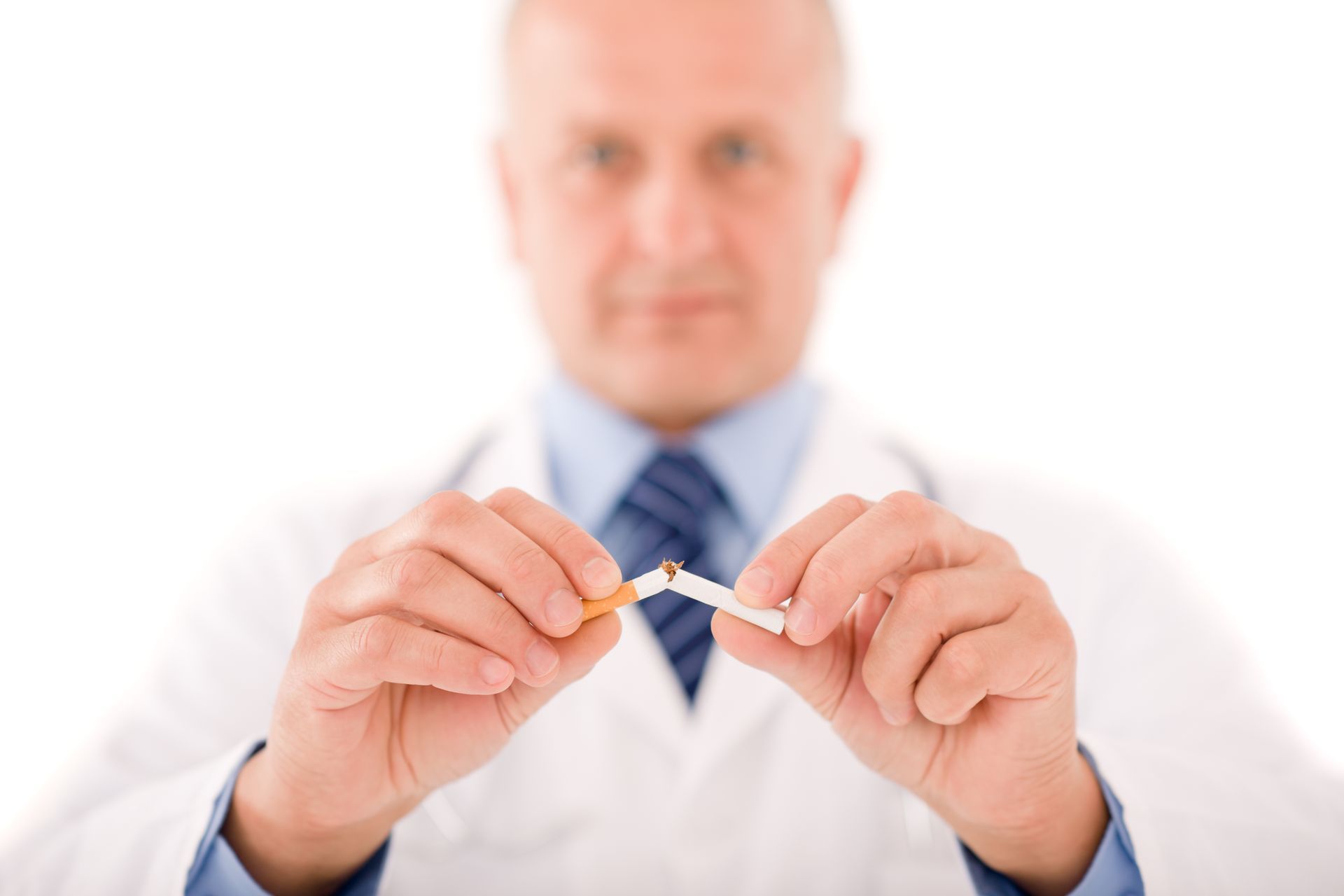
6. Quit Smoking
Smoking tobacco is harmful to the body in a wide range of ways, but many people don’t understand the damage they’re doing to their eyes as a result. In fact, smoking is often associated with a higher risk of cataracts and age-related macular degeneration, both of which cause vision loss and/or impairment.
7. Know Your Family History for Eye Health
Believe it or not, your family’s eye health history can tell you a lot about your own risk of vision problems – which is often instrumental and caring for and treating the eyes long-term. For that reason, don’t be afraid to ask your parents and grandparents about some of the vision problems they’ve experienced in their life.
8. Avoid Rubbing Your Eyes
Many of us rub our eyes out of habit or whenever they become irritated/itchy. While we can’t help it in certain scenarios, it should be avoided at all times. The truth is rubbing your eyes can result in scratching the eye, transferring germs to your eye, thinning of the cornea, and breaking tiny blood vessels in the eye.
9. Take Care of Your Glasses & Contact Lenses
Did you know that roughly 3 of 4 adults in the United States require vision correction – with 71% of adults opting to wear glasses and roughly 45 million others are contact lens wearers. Unfortunately, a strong majority of these people don’t properly care for and clean their glasses and/or contact lenses.
10. Understand Common Eye Symptoms & Problems
Understanding the risks behind eye health can go a long way in helping you avoid vision problems. Make sure you speak with your doctor if you experience redness, dryness, itching, watering, or irritation of the eyes – as well as headaches, blurred vision, vision loss, light sensitivity, floaters, and/or headaches.

The Most Important Eye Health Tip of All…
Of all the things you can start doing today to improve your overall eye health – both short-term and long-term – perhaps the most important eye health tip we have for you is to visit your eye doctor regularly. An annual (or bi-annual) trip to your eye doctor for a comprehensive dilated eye exam can help catch eye disease in its earliest stages and treat eye diseases early.
FAQ About Eye Health
Caring for the eyes is much easier said than done. There’s a lot to take into consideration and many of us will have to change some of our lifestyle habits and routines, but it’s all for the best as we learn to protect and preserve our vision. Here are some other common questions we get asked about tips for eye health:
- What are some eye health tips for kids? Make sure your kids are wearing safety glasses when necessary, eating a healthy diet, limiting screen exposure, avoiding rubbing of the eyes, and getting their eyes checked regularly.
- What are some eye health tips for computer users? If you’re someone who uses the computer often, follow the 20-20-20 rule – which says to give your eyes a 20-second break for every 20 minutes of screen time by looking at something 20 feet away.
- What are the most common vision problems? The most common eye problems include cataracts, glaucoma, refractive errors, blurry vision, macular degeneration, eye injuries, and eye infections.
- At what age does vision start to decline? Most patients will start to see their vision decline in their 40s, but it can start earlier or later for some individuals.
Are you interested in taking better care of your vision so you can keep your eyes healthy? Are you experiencing vision problems and want to get to the bottom of them? Has it been longer than 12 months since your last eye doctor visit? If you answered ‘yes’ to any of these questions, don’t hesitate to contact Holly Springs Eye & Laser today.
You can reach us at 919-689-8920, email us at hello@hollyspringseyeandlaser.com, or fill out our online form to schedule an appointment with Dr. Faraaz Khan.





